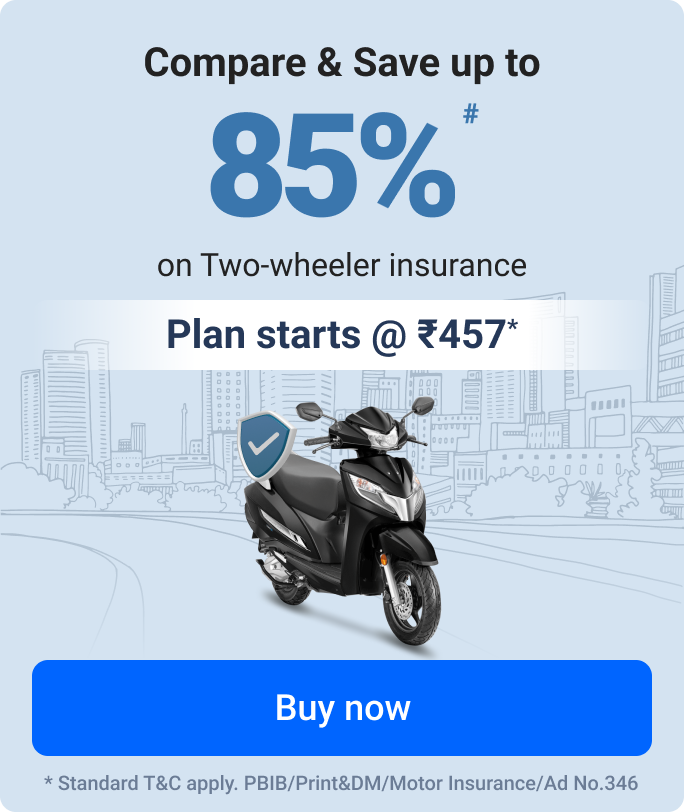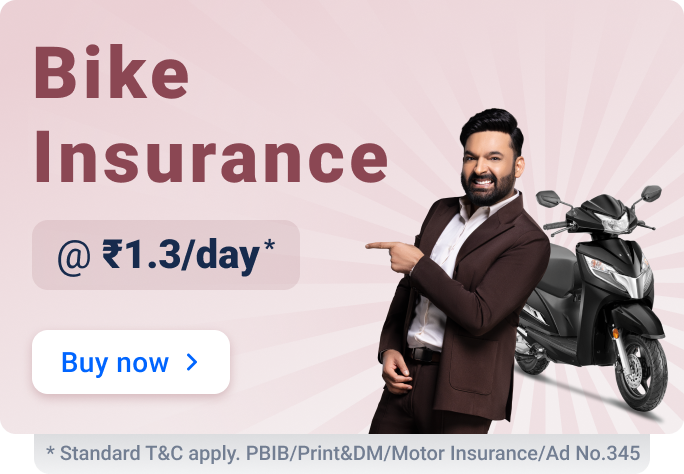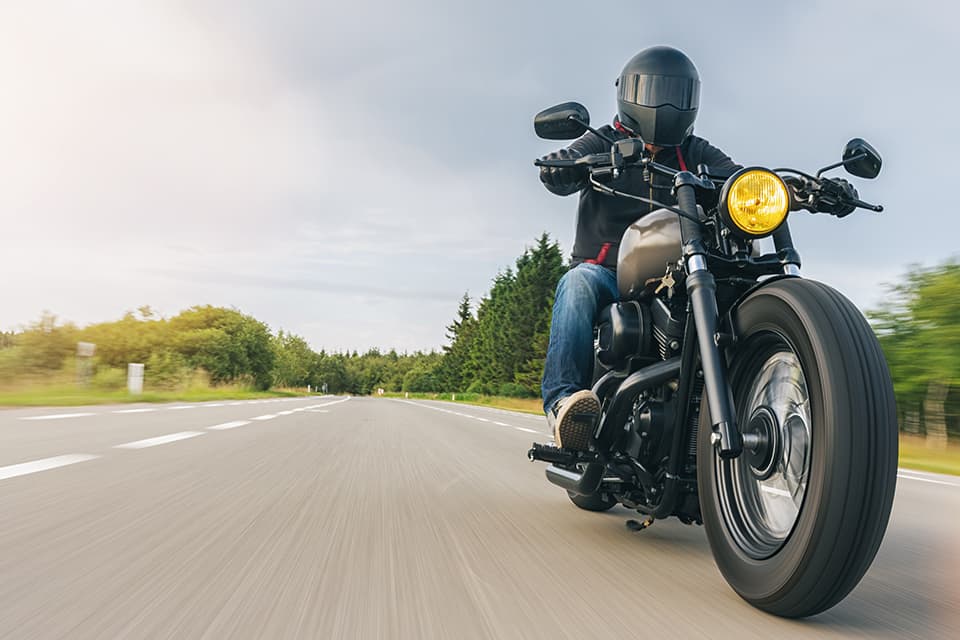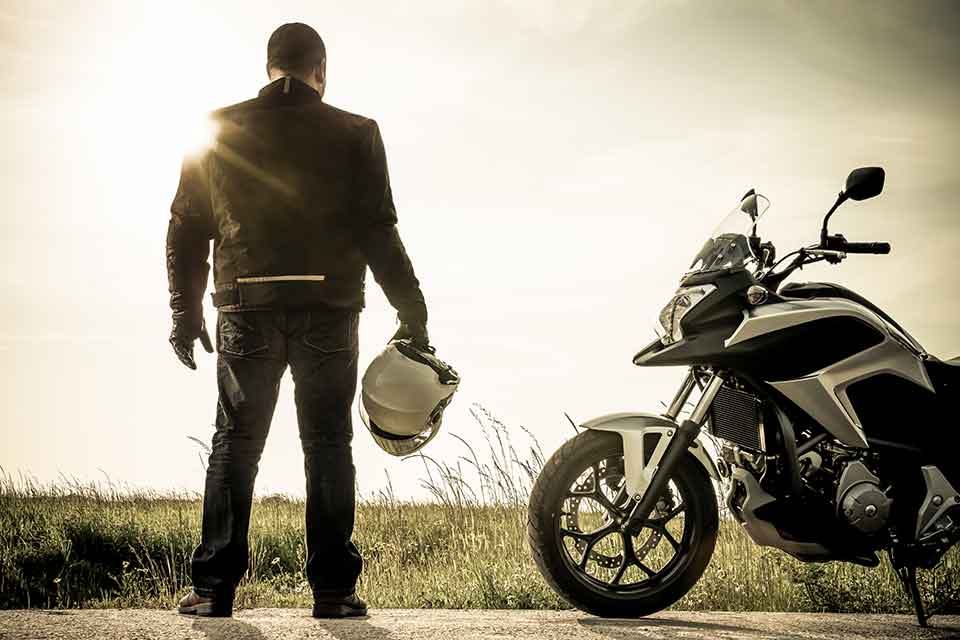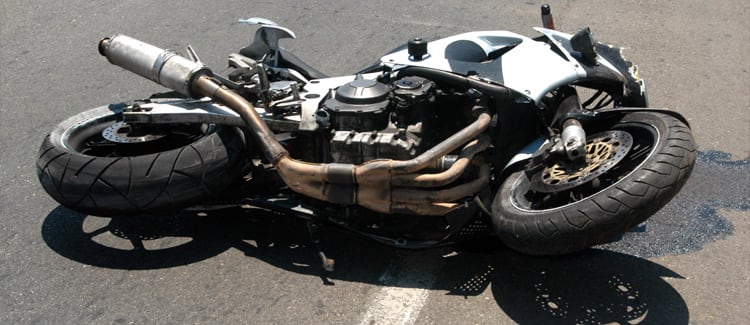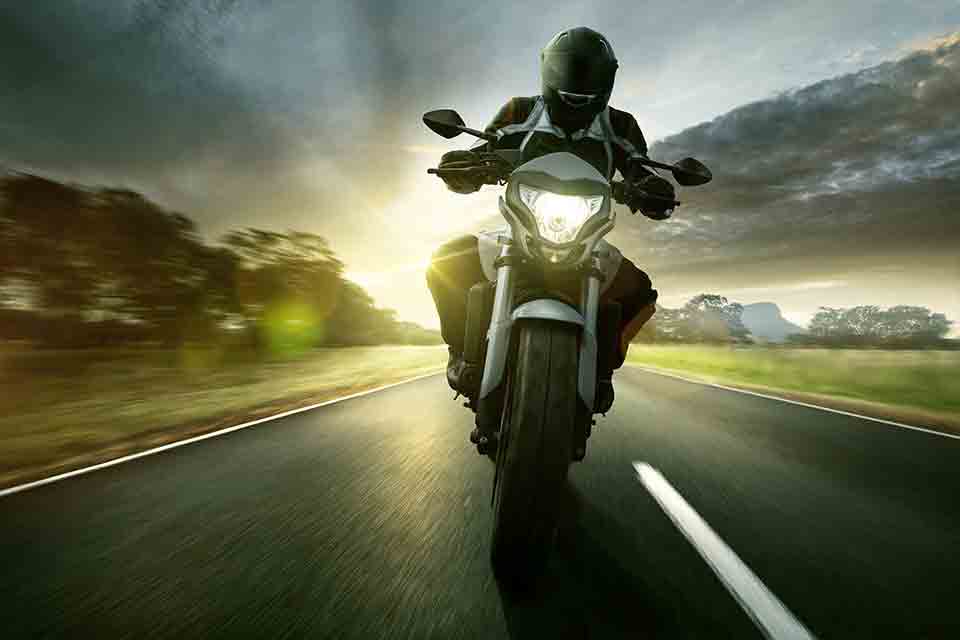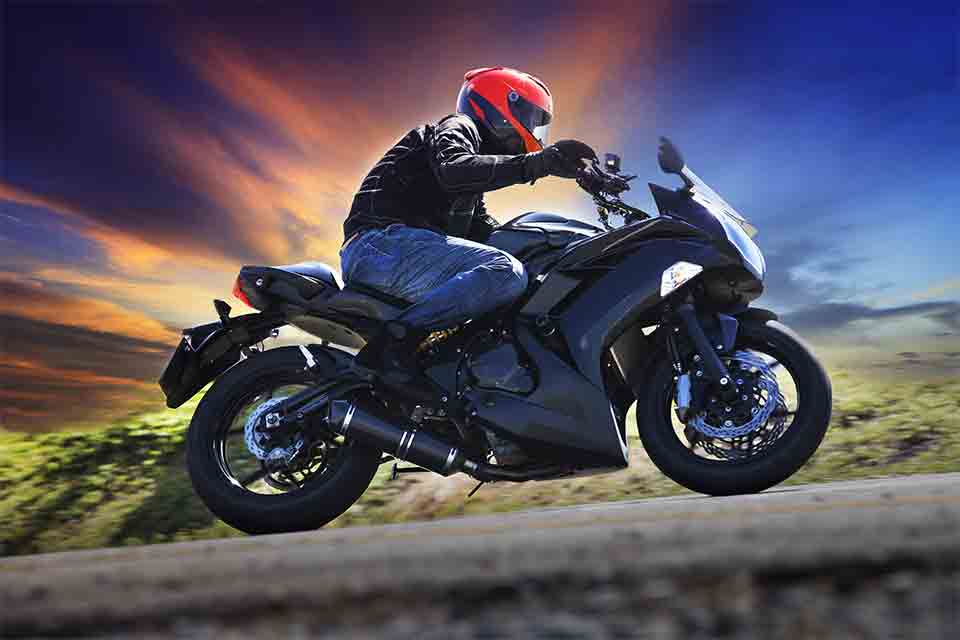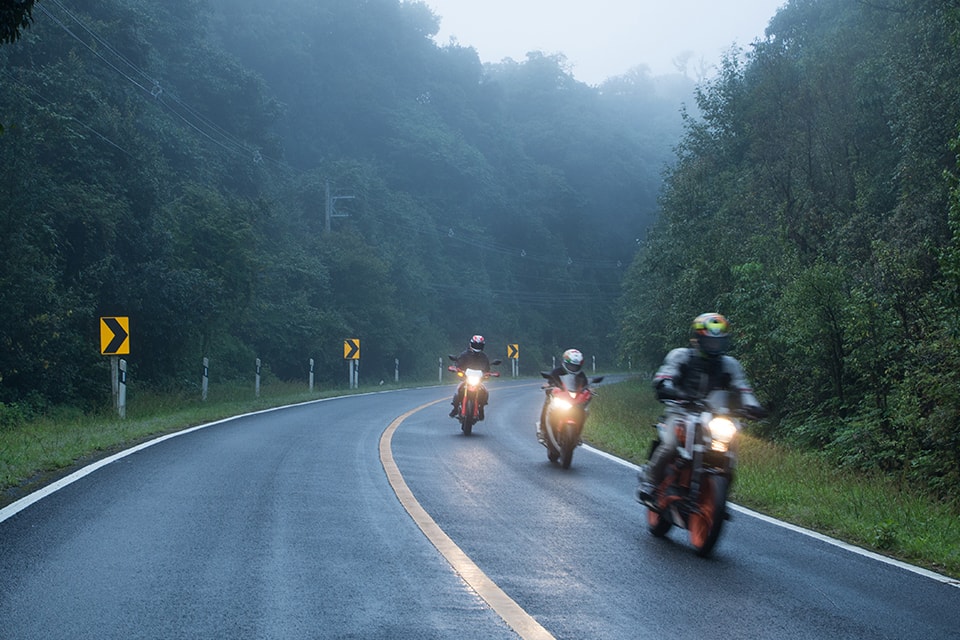Traffic Rules for Two Wheeler Riders in India
Owning a two-wheeler is undeniably a thrilling experience for many, but it comes with a big responsibility. It is not just about getting your driving license from the Regional Transport Office (RTO), it is also about knowing and following the traffic rules that ensure your safety and the safety of others on the road. In this article, let us look at the top 12 traffic rules for two-wheeler riders in India.
Motor Vehicle Act 2019: Enhancing Safety of Road
Earlier, the road safety rules were mentioned under the Motor Vehicle Act 1988. However, the act was amended in 2019 by the Government of India to improve the road accident situation in India. As per the Indian Road & Transport Minister, Nitin Gadkari, the new road safety rules aim to provide a safe, efficient and corruption-free transport system in India. As a result, the new Motor Vehicles (Amendment) Bill 2019 was introduced that came into effect on 1st September 2019.
Under the Motor Vehicle Act 2019, stricter two wheeler driving rules were put in place. Unlike the previous law, violations of traffic rules now result in significantly higher penalties and fines. In fact, fines for various traffic violations have been increased by up to 10 times compared to earlier regulations.
Top 12 Traffic Rules for Two Wheeler Riders in India
Check out the different traffic rules that every two wheeler rider in India must follow as per the Motor Vehicle Act 2019:
-
Avoid Driving Under the Influence of Alcohol
As per the road safety rules, a person is not allowed to ride a two wheeler under the influence of alcohol. If the traffic cop finds you driving with more than 30mg of alcohol under 100ml of your blood, he can legally arrest you without needing an arrest warrant. So, always stay sober when riding for your safety and to avoid legal trouble.
-
Avoid Reckless and Rash Driving
Riding aggressively or carelessly, such as speeding or weaving through traffic, is against the law. You must always ride cautiously and follow traffic rules while riding a two wheeler. Also, talking on the phone while riding a bike is prohibited. Distraction can lead to accidents, so you should keep your focus on the road at all times.
-
Avoid Blowing Horn in No Honking or Silence Zone
In areas where honking is restricted, such as near hospitals or schools, make sure to avoid honking the horn. These zones are meant to maintain peace and reduce noise pollution. Blowing horn in these zones can lead to fines.
-
Avoid Driving Without a Horn
Your two-wheeler should always have a working horn as it is an important tool for communicating with other drivers, especially in busy traffic. Riding your two-wheeler without a horn can lead to penalties and make it harder for you to navigate safely through crowded roads.
-
Avoid Driving Without a Valid Driving License
You cannot ride a two wheeler without a valid Driving License (DL). Make sure your license is not expired and is valid for the type of bike you are riding. If you are caught riding without the necessary license, you could face legal penalties and fines.
-
Avoid Juvenile Driving
The Motor Vehicle Act 2019 has introduced a new category of juvenile driving. Under this category, people under 16 are not allowed to ride a gearless two-wheeler, and those under 18 cannot ride a gear-driven bike. This rule ensures that young riders have the necessary skills before getting on the road.
-
Avoid Driving Without Mandatory Two Wheeler Insurance
In India, all two-wheeler riders are required by law to have third-party bike insurance policy. This two-wheeler insurance is essential to protect you and others on the road in case of an accident. So, make sure you have the mandatory bike insurance to avoid fines and legal issues.
-
Avoid Riding Without a Helmet (Rider/Pillion Rider)
In India, traffic rules make it compulsory for two-wheeler rider as well as the pillion rider to wear a helmet at all times while riding. It is one of the most important safety measures for protection in case of an accident.
-
Avoid Driving After Disqualification
If your driving license has been suspended or you have been disqualified from riding, you must not drive a two-wheeler. Riding during a disqualification period can lead to serious legal consequences, including fines and further suspension.
-
Always Give Way to Ambulance
If you are riding a bike and see an ambulance or other emergency vehicle behind, you must move aside and give them the way to move forward. Failing to do so can lead to fines and is considered a punishable offence under traffic laws.
-
Avoid Riding with Three People
The recently amended Motor Vehicle Act 2019 recognises carrying more than one passenger on a bike as offence that could result in fines. As per the road safety laws in India, only two people, the driver and the pillion rider, are allowed to ride on a two-wheeler.
-
Avoid Jumping Traffic Signals
Running a traffic light is a serious traffic violation in India. No matter how urgent or how late you are, always stop at a red signal and wait for the green. Jumping traffic signals while riding a two-wheeler can result in fines.
How to Check Bike Challan Online?
With Policybazaar.com, it is easy and quick to check your bike challan online. Here are a few simple steps that you need to follow:
- Step 1: Visit the 'Check Bike Challan in India' page, enter your bike's registration number, and click 'Continue'.
- Step 2: Enter your personal details, such as your name and phone number, then click 'View Details'.
- Step 3: A page with all your bike details will be displayed, including any pending challans, PUCC information, and the expiration date of your bike insurance policy.
FAQs
-
Q. Can 3 people ride on a two-wheeler?
Ans: No, it is illegal to carry more than two people on a two-wheeler in India. Only the rider and one pillion passenger are allowed. -
Q. Can I drive a two-wheeler with a four-wheeler license in India?
Ans: No, a four-wheeler license does not allow you to ride a two-wheeler. To ride a two-wheeler legally, you need to have a separate two-wheeler driving license. -
Q. Can I carry another person on my bike?
Ans: Yes, you can carry one passenger on your bike, but both of you must wear helmets while riding. -
Q. Is a helmet compulsory for a 2nd person?
Ans: Yes, wearing a helmet is compulsory for both the rider and the pillion passenger. It is a safety measure required by law. -
Q. What is the difference between a rider and a pillion?
Ans: The rider is the person who drives the two-wheeler, while the pillion is the person sitting behind the rider as a passenger.
^The renewal of insurance policy is subject to our operations not being impacted by a system failure or force majeure event or for reasons beyond our control. Actual time for a transaction may vary subject to additional data requirements and operational processes.
^The buying of Insurance policy is subject to our operations not being impacted by a system failure or force majeure event or for reasons beyond our control. Actual time for transaction may vary subject to additional data requirements and operational processes.
#Savings are based on the comparison between highest and the lowest premium for own damage cover (excluding add-on covers) provided by different insurance companies for the same vehicle with the same IDV and same NCB.
*TP price for less than 75 CC two-wheelers. All savings are provided by insurers as per IRDAI-approved insurance plan. Standard T&C apply.
*Rs 538/- per annum is the price for third party motor insurance for two wheelers of not more than 75cc (non-commercial and non-electric)
#Savings are based on the comparison between the highest and the lowest premium for own damage cover (excluding add-on covers) provided by different insurance companies for the same vehicle with the same IDV and same NCB.
*₹ 1.5 is the Comprehensive premium for a 2015 TVS XL Super 70cc, MH02(Mumbai) RTO with an IDV of ₹5,895 and NCB at 50%.
*Rs 457/- per annum is the price for the third-party motor insurance for private electric two-wheelers of not more than 3KW (non-commercial).The list of insurers mentioned are arranged according to the alphabetical order of the names of insurers respectively.Policybazaar does not endorse, rate or recommend any particular insurer or insurance product offered by any insurer. The list of plans listed here comprise of insurance products offered by all the insurance partners of Policybazaar. For complete list of insurers in India refer to the Insurance Regulatory and Development Authority of India website www.irdai.gov.in

